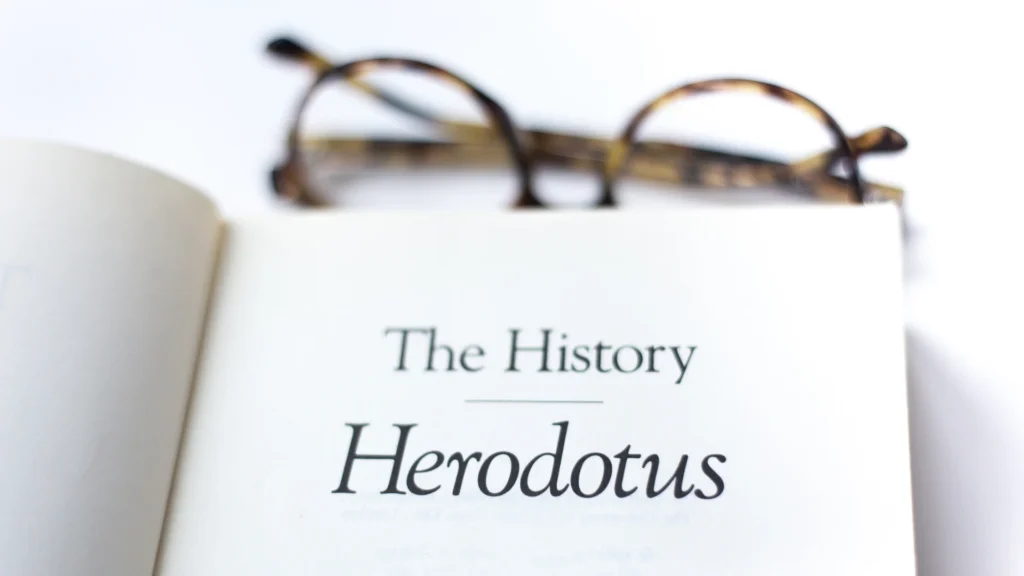Greek literature boasts a rich history
Greek literature boasts a rich history, spanning epic poetry like Homer’s “Iliad” and “Odyssey,” dramatic masterpieces by Aeschylus and Euripides, and profound philosophical works by Plato and Aristotle. It encompasses tragedy, comedy, philosophy, and prose, with enduring influence on Western literature and a timeless legacy of storytelling and intellectual exploration.

Greek literature boasts a rich history
Greek literature stands as a testament to the enduring power of storytelling, philosophical inquiry, and artistic expression. This rich tradition has traversed centuries, weaving together a diverse array of genres, themes, and literary giants.
1. Ancient Greek Literature: The Foundations
- Epic Poetry: Ancient Greek literature found its earliest expression in epic poetry, with Homer’s “Iliad” and “Odyssey” standing as monumental achievements. These epic narratives recounted heroic feats and were a source of inspiration for generations.
- Lyric Poetry: The lyric poetry of figures like Sappho and Pindar explored themes of love, beauty, and human emotions. These poems often celebrated the divine and the natural world.
2. Classical Greek Drama: The Theatrical Triumph
- Tragedy: Playwrights like Aeschylus, Sophocles, and Euripides crafted tragic masterpieces that probed the human condition. They explored themes of fate, morality, and hubris, leaving an indelible mark on dramatic storytelling.
- Comedy: Aristophanes, the father of Greek comedy, used satire and humor to comment on society and politics. His works, such as “Lysistrata,” remain both entertaining and thought-provoking.
3. Philosophy and Prose: The Quest for Wisdom
- Philosophy: Ancient Greece gave birth to philosophical inquiry, with luminaries like Socrates, Plato, and Aristotle. Their writings delved into ethics, metaphysics, and the nature of reality, setting the foundation for Western philosophy.
- Historiography: Herodotus, often called the “Father of History,” pioneered the recording of historical events. Thucydides, on the other hand, focused on the analysis of human behavior and politics in his “History of the Peloponnesian War.”
4. Hellenistic Literature: A Time of Transition
- Alexandrian Poetry: The Hellenistic period saw the rise of poets like Callimachus and Theocritus, who explored personal emotions and pastoral themes.
- Prose: Philosophical schools like the Stoics and Epicureans produced significant writings, expanding on earlier philosophical traditions.
5. Roman Greece and the Greek Novel
- Roman Influence: During the Roman period, Greek literature continued to flourish, especially in the eastern part of the empire. Writers like Plutarch and Lucian made substantial contributions.
- Greek Novel: The Greek novel, with works like “Daphnis and Chloe” by Longus, laid the groundwork for the modern novel. These narratives explored love, adventure, and personal transformation.
6. Byzantine Literature: The Christian Legacy
- Early Christian Writings: As Christianity became the dominant religion, Byzantine writers like John Chrysostom and Gregory of Nazianzus produced theological works.
- Greek Fathers*: Figures like Gregory of Nyssa and Basil the Great contributed to Christian theology through their writings.
7. The Legacy of Greek Literature
- Influence on Western Literature: Greek literature has had an enduring impact on Western literary traditions. The themes, motifs, and storytelling techniques of ancient Greek works continue to resonate in literature today.
- Preservation through Translation: The translation of Greek texts into various languages has ensured their preservation and accessibility to global audiences.
- Inspiration for Creativity: Greek literature remains a source of inspiration for writers, poets, and playwrights, perpetuating the timeless allure of its narratives.
Greek literature, with its depth of thought and artistic brilliance, has woven a tapestry of human experience, reflecting the profound and enduring aspects of our shared humanity.
